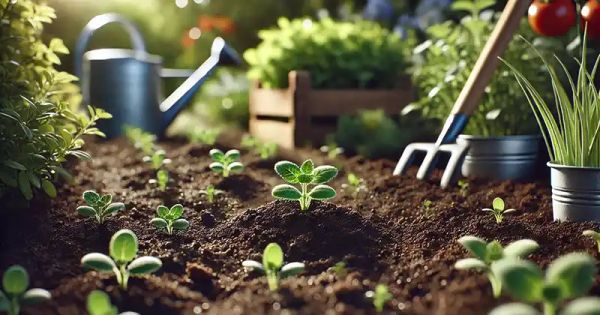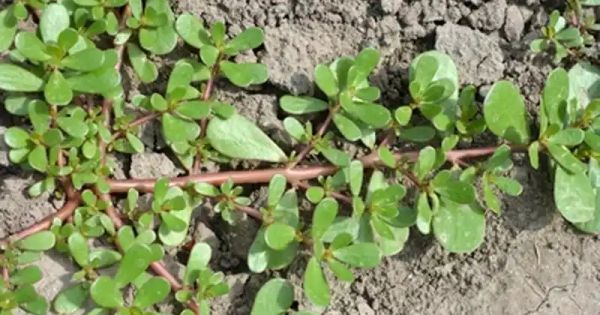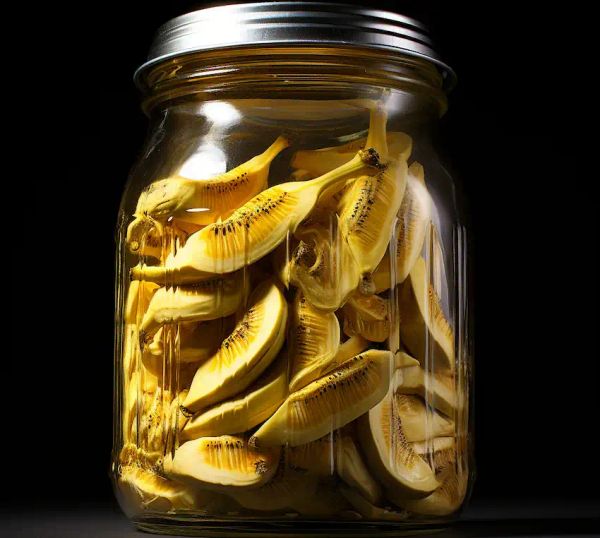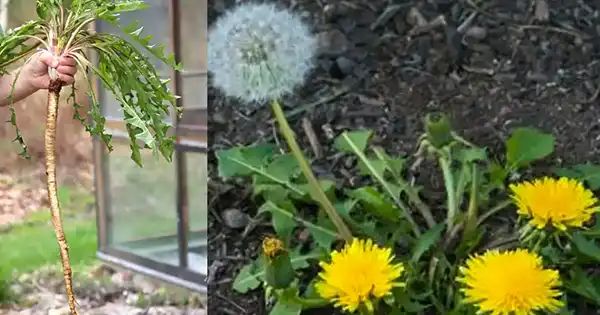
Healthy soil is the key to successful gardening, and bacteria play a vital role in achieving that. While many people focus on fungi, bacteria are equally important for enhancing soil fertility. They help break down organic matter, making nutrients more accessible to plants, and contribute to the overall health of the root systems. If your soil lacks a robust bacterial population, there are several simple and natural ways to enhance it. Here’s how you can increase soil bacteria and boost your crop production.
The Importance of Soil Bacteria
Bacteria in the soil perform essential functions that contribute to plant growth. They improve soil fertility and help crops reach their full potential. To ensure a thriving bacterial community in your soil, you can take a few key actions. These simple methods will increase soil bacteria and improve your garden’s productivity.
1. Optimize Soil Conditions for Bacterial Growth
Before introducing new bacteria into the soil, you need to create the right environment for their growth. Soil conditions such as moisture levels, aeration, and the presence of organic matter directly impact the ability of bacteria to thrive.
- Soil Aeration: Proper aeration is vital for bacteria to multiply. Compact soil with poor airflow can stifle bacterial growth. Aerating the soil regularly can improve this condition.
- Soil Moisture: Bacteria need moisture to survive and reproduce. Keep your soil consistently moist but not waterlogged to maintain an environment in which bacteria can thrive.
- Organic Matter: The quality and amount of organic matter in the soil are critical. By applying high-quality organic compost, you not only introduce beneficial bacteria but also provide food for the existing microbes. Compost enhances soil structure, retains moisture, and promotes microbial activity.
By monitoring these conditions regularly, you’ll create a fertile ground for bacteria to flourish and improve crop production in the long term.
2. Introduce Beneficial Bacterial Strains
Once you’ve optimized the soil conditions, the next step is to introduce specific bacterial strains that can benefit your garden. Adding bacterial products tailored to your region’s climate can significantly enhance the biological activity in your soil.
- Nitrogen-Fixing Bacteria: These bacteria convert nitrogen from the atmosphere into a form that plants can absorb and use. Adding nitrogen-fixing bacterial products to your soil can boost crop growth. Ensure that the bacterial strains you choose are suited to your local environment.
- Other Functional Bacteria: Some bacteria perform specialized functions like breaking down organic matter or improving the soil’s resistance to pests and diseases. Adding these strains can give your soil a microbial boost. Choose products that are adapted to your region’s climate for sustainable benefits.
Using bacterial inoculants can fast-track the process of building a healthy microbial community in your soil, but always ensure they are compatible with your climate and soil type.
3. Feed the Bacteria with the Right Foods
Feeding the bacteria with the appropriate nutrients is critical for their population growth and beneficial effects on your soil and crops.
- Simple Sugars and Carbon Sources: Bacteria thrive on foods rich in simple sugars and carbon compounds. Add molasses or brown sugar to your compost or soil to provide the bacteria with an energy source for rapid multiplication.
- Organic Products: Many sugar-based products, such as molasses, are available in organic form, making them an excellent option for gardeners who prefer to avoid synthetic inputs.
Regularly feeding your soil bacteria will stimulate their growth, resulting in healthier soil and better crop yields. Bacteria are living organisms that need sustenance to flourish, so providing the right food is essential for their well-being.
Conclusion: A Simple Path to Healthier Soil
Maintaining a healthy bacterial population in your soil is crucial for successful gardening. By optimizing soil conditions, introducing beneficial bacterial strains, and feeding the bacteria with simple and organic foods, you can enhance the bacterial life in your garden and support better plant growth. Implementing these practices will not only boost the bacterial population in your soil but also improve the overall health of your plants. With these natural methods, you can create a thriving garden that produces higher yields without relying on chemical inputs. A little attention to your soil’s microbial life can go a long way in supporting a more productive and sustainable garden.



